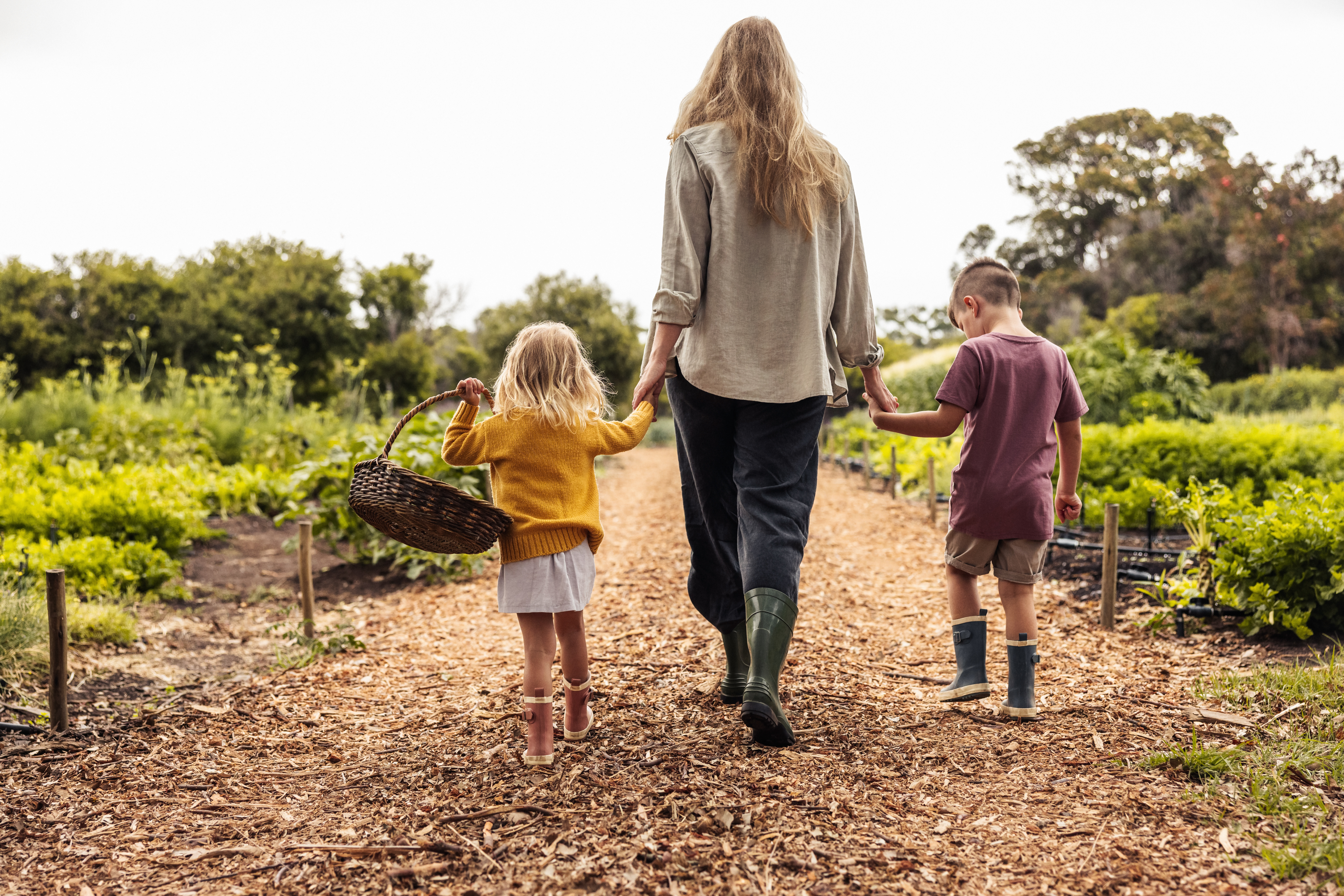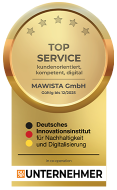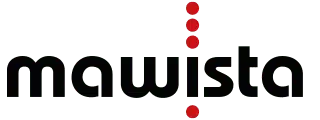‘’Chiz holi?’’, asked Marie, a German student in Munich. ‘‘Bafam, shobosh’’, I replied. ‘’Chiz holi’’ is a Wakhi way of saying ‘how are you’ and ‘Bafam, shobosh’ is the reply to it, meaning ‘good, thanks’. That was so interesting when I met students learning my language, Wakhi, taught by a German linguist, Dr. Beate Reinhold. ‘Mein Name ist Muhammad Ali‘, I was so excited that I replied in German when I was asked in Wakhi to introduce myself. It was one of my great life experiences to find German Wakhi speakers. Wakhi as a language is under serious threat as the number of native speakers is shrinking. Finding such students in Germany is giving us inspiration to look after this and many other beautiful endangered languages. Let’s visit Munich and find more about German Wakhi speakers!
Before starting our journey, let me introduce myself. I am a Xhik (also called Wakhi) from Hunza-Gojal valley Pakistan. I speak Wakhi, Urdu, English, a little Pashtu and am learning German. Moreover, I’m doing my Masters in International Project Management from the Hochschule für Technik, Stuttgart-Germany. Fortunately, I had also worked for a German humanitarian aid organisation, arche nova e.V., in Pakistan as a project engineer, helping poor flood-affectees. Hunza valley is famous for its beautiful culture, forts, hospitality, food, snow-covered peaks, famous glaciers and many more. In-fact, Hunza has won UNESCO’s Asia-Pacific Heritage Award for Culture Heritage Conservation in 2002 for the historical mosques in Ganish Hunza and in 2004 for the famous Baltit Fort Hunza. Surely, you need to visit Hunza-Gojal valley.
‘‘Bafam Ali, welcome to Munich’’, answered my German host in fluent Wakhi after I greeted her, ‘‘Chiz holi Beate?’’ It was Tuesday, 20 May 2014, Dr. Beate received me in S-Bahn station in Olching, her beautiful home-town in Munich. Surprisingly, she prepared truq choi (tea), just the same way Wakhi people will do. In the dinner, we had Yukhshay Ghoost (Deer meat) which reminded me the Wakhi hunters bringing Ibex’s meat. Moreover, Beate had chawan (just like Hunza-Gojal apricots), qaq (Wakhi dried apricots), qurut (hard Wakhi cheese) along with the many different kinds of German bread, chocolates and cheese. Beate had to wait for her daughters and husband; we all sat together around the table just like the Wakhi people will sit around with all family members for meal. It was a blend of great German and Wakhi food and culture. I stayed for two days and I felt like I was in my second home, because everything was sounding so familiar and nice. Even her husband was good in Wakhi and Urdu. Long ago, Beate Reinhold was pursuing her PhD in Iranian Studies, she developed an interest in Wakhi, an endangered language declared by UNESCO, one of the Pamiri dialects spoken in Pakistan, China, Tajikistan and Afghanistan. She has authored a book on Wakhi people of Gojal valley in German language.
On Thursday, 22 May 2014, we visited the historical Ludwig Maximilian University of Munich where Beate teaches Wakhi language. The course consists of three German girls, one Russian girl and one student from Turkey who himself is a speaker of Zazaki, an Iranian minority language in Eastern Turkey,The sutdents were already in class. After our introductions, Beate had an interesting way of teaching. She started with a Wakhi story: ‘’Naxchiribi Bichkam (The Fox Without a Tail)’’. Then she asked the students to write the sentences in the story while she corrected the grammar. It is a challenging task for Beate to teach Wakhi because there are no conventional exercice books for Wakhi learners and the German students will not find Wakhi speakers easily to practice the language. Interestingly, this is the only university in the world where Wakhi is taught as a subject. Anyhow, the students have chosen the language and understood that every single language in the world needs to be acknowledged. After the lesson, the students asked me questions in Wakhi and I shared my experiences in Germany and the lifestyle in Hunza-Gojal.
The Wakhi language is not standardized, is endangered and unique– these are the reasons why we selected this language for learning’’, answered the students when I asked why did they choose Wakhi as a subject. In an article in the The Express Tribune, January 2nd, 2013, Beate said, “With motivation, strengthening of economic base and provision of inclusive education, Wakhi and other endangered languages can be preserved and promoted,” “The goal is to not only document these languages but to allow them to evolve and flourish.” She added. Speaking on Wakhi Language in Islamabad Literature Festival 2014, Nazir Ahmed Bulbul, a Wakhi poet told, ‘’When the native speakers do not stop speaking their language, language loss cannot happen.’’
“About 40 years ago, Russian scholars predicted that Wakhi would be extinct by now, but it hasn’t which should be a sign of hope and way to move forward. Acknowledging differences doesn’t mean diversity, but working together to help various communities is diversity,” Beate told in an article in the The Express Tribune, January 2nd, 2013. There are more signs of hope in the form of Beate’s contribution, the German students, Ludwig Maximilian University of Munich being the only university where Wakhi is taught. Above all, the language will evolve and grow if the native speakers speak it and continue to work on a suitable transcription.
There was more, even after the amazing experience in the Wakhi class. I had coffee with Beate and Marie in one of the richest place of the world, the Maximilianstraße. Later, I visited the beautiful English Garden with Marie. It was an amazing beautiful garden with greenery, flowers, lakes and trees and so many people enjoying the sunny weather. I was also mesmerized by the beautiful architecture. Definitely, I have to visitMunich again for the Oktoberfest.
Finally, I had to move back to Stuttgart via carpooling, another cool experience. I bade goodbye to Marie and said ‘’ Auf Wiedersehen‘‘. Thank you Beate and family, thank you Marie and her Wakhi classmates and thank you Munich for being part of my wonderful life experience.
Written by: Muhammad Ali
Tuesday, 10 June 2014








